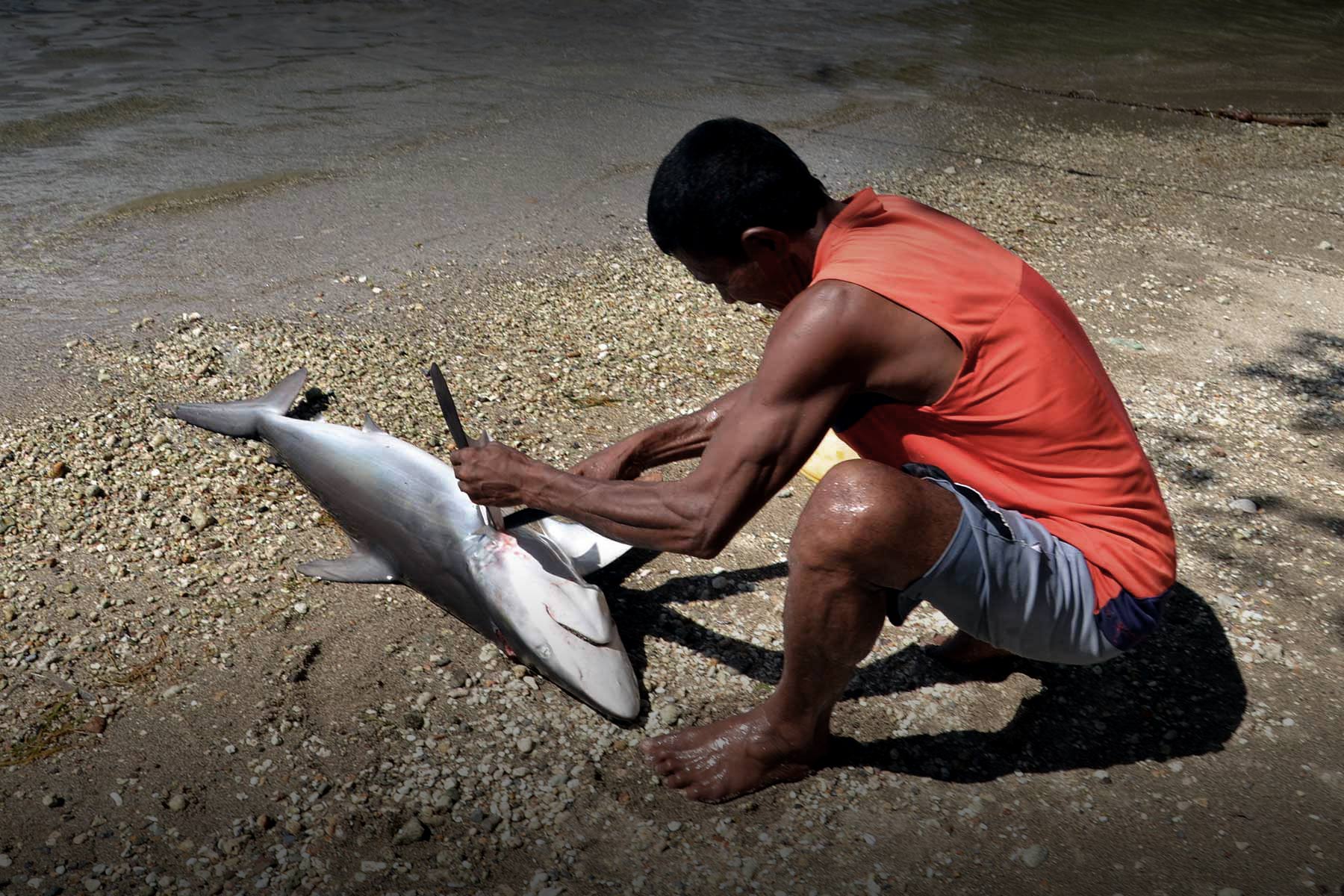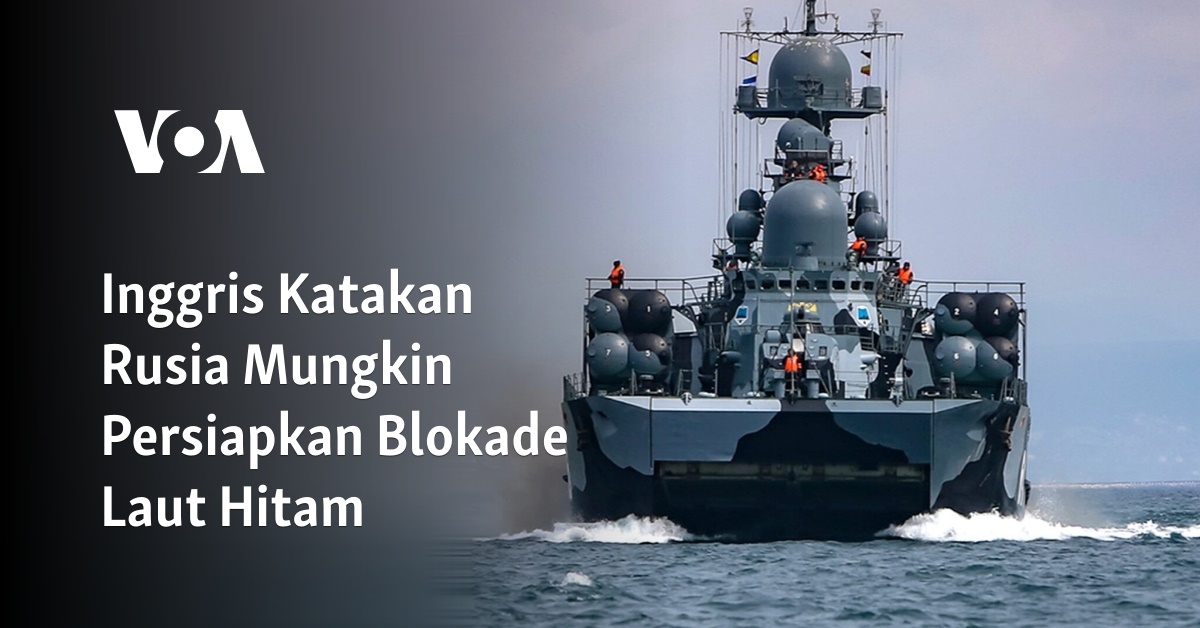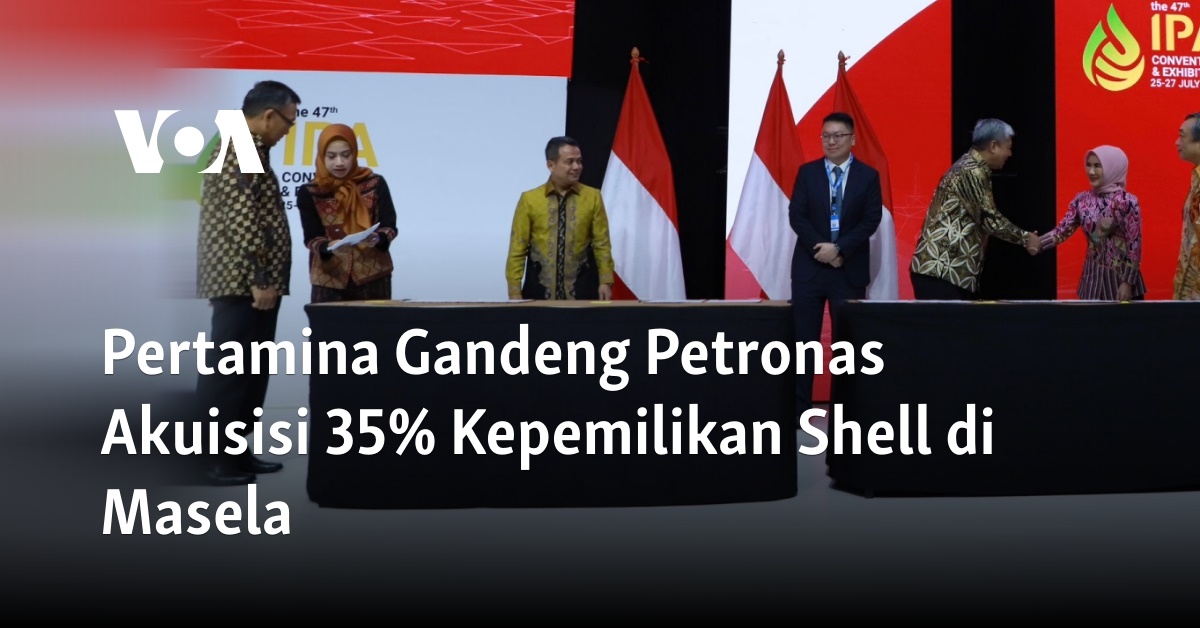
Petrus Lesawengen, a 62-year-old fisherman in Batuwingkung Island, Tabukan Selatan District, Kepulauan Sangihe Regency, Sulawesi Utara province, Indonesia, welcomed Zonautara.com in his home after Senja in early June 2022. Petrus and his family have been catching sharks to make a living for generations, with many fishermen in the area depending on the predator for their livelihood.
Despite his age, Petrus still goes out to sea on a large boat equipped with long-line fishing gear. Recently, he caught 28 sharks in one trip. He has been able to pay for his son Timotius’s education, who has a degree in computer and communication engineering from Nusa Utara Polytechnic. Unfortunately, Timotius has been unsuccessful in obtaining a job in the civil service, and he has been going out to sea with his father instead.
After a few months of shark hunting, Timotius showed Zonautara.com around the kitchen, where they found hundreds of dried shark fins that they had caught. They mainly catch the lanjaman species, also known as the silky shark and sell them to buyers at the market.
There are currently no authorities monitoring the landings of shark catches in Batuwingkung. However, according to Risno Mangune, the Batuwingkung village chief, there are 98% of fishermen on the island, and more than half of them catch sharks. That’s why fishermen like Noldi Diawang and Aljufri Kaemba have been able to land their catch without supervision from Balai Pengelolaan Sumber Daya Pesisir dan Laut (BPSPL) or the Department of Marine and Fisheries.
At Petta Harbour in Tabukan Utara District, one of the main fish trade points in Sangihe Island, several fishermen were landing their catch without supervision, including nine shark carcasses. Rommy in Tabukan Utara is one of the largest buyers of shark fins in the area.
Tigers, threshers, and hammerhead sharks are some of the endangered shark species caught by Indonesian fishermen. Under the Convention on International Trade in Endangered Species of Wild Fauna and Flora (CITES), a trade agreement that Indonesia has ratified, there are 12 shark species listed in Appendix II. Nine of these are found in Indonesian waters, including the silky shark. The goal is to ensure sustainable trade and prevent illegal trade by tracking the legally traded shark products.
Although the Indonesian government has implemented regulations for their harvest, several shark species are still not protected under the Peraturan Pemerintah (PP) No. 7 of 1999. Therefore, the present authorities must conduct regular monitoring and evaluation of the shark trade’s sustainability.


